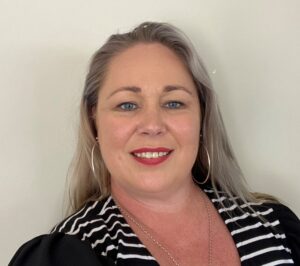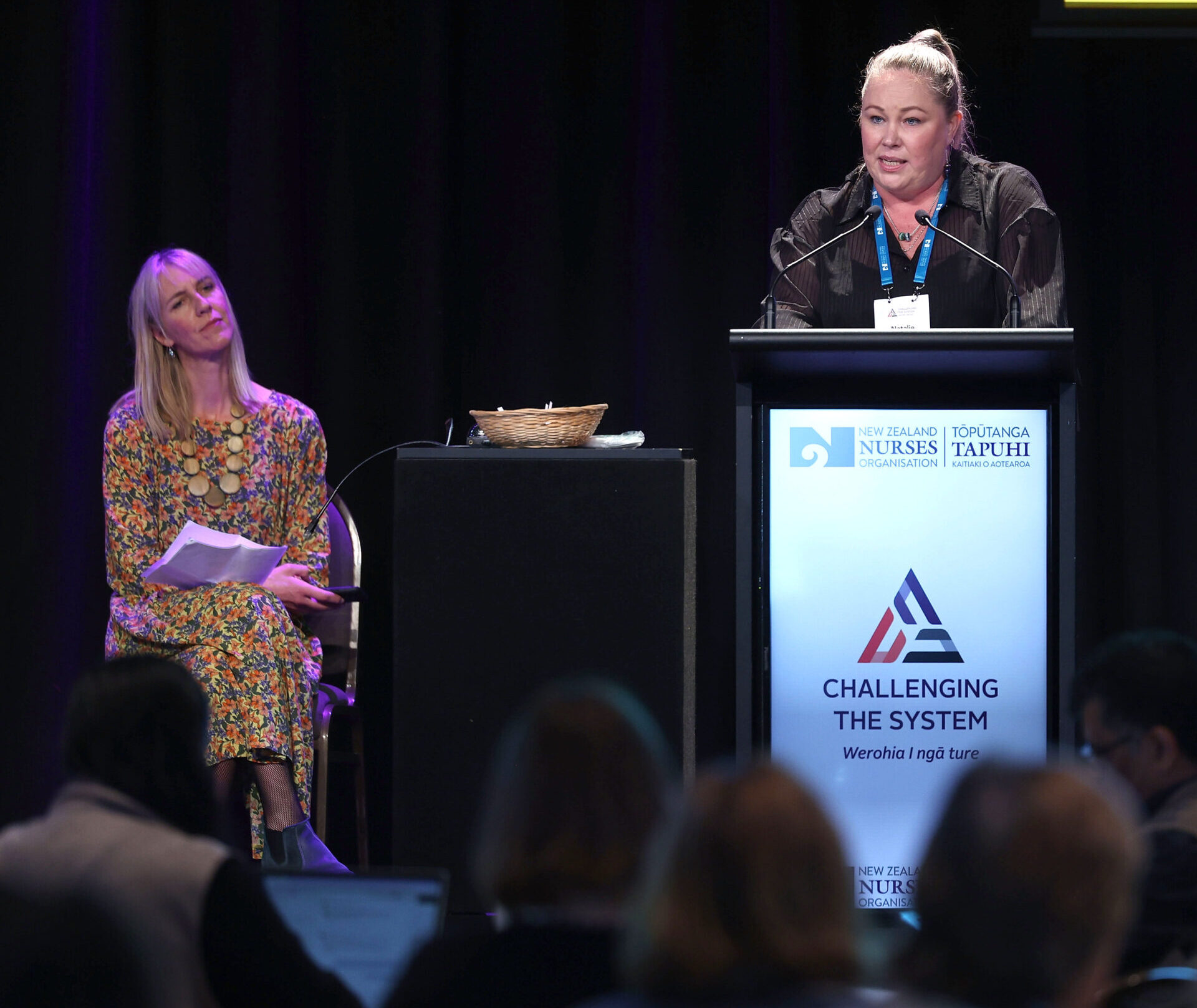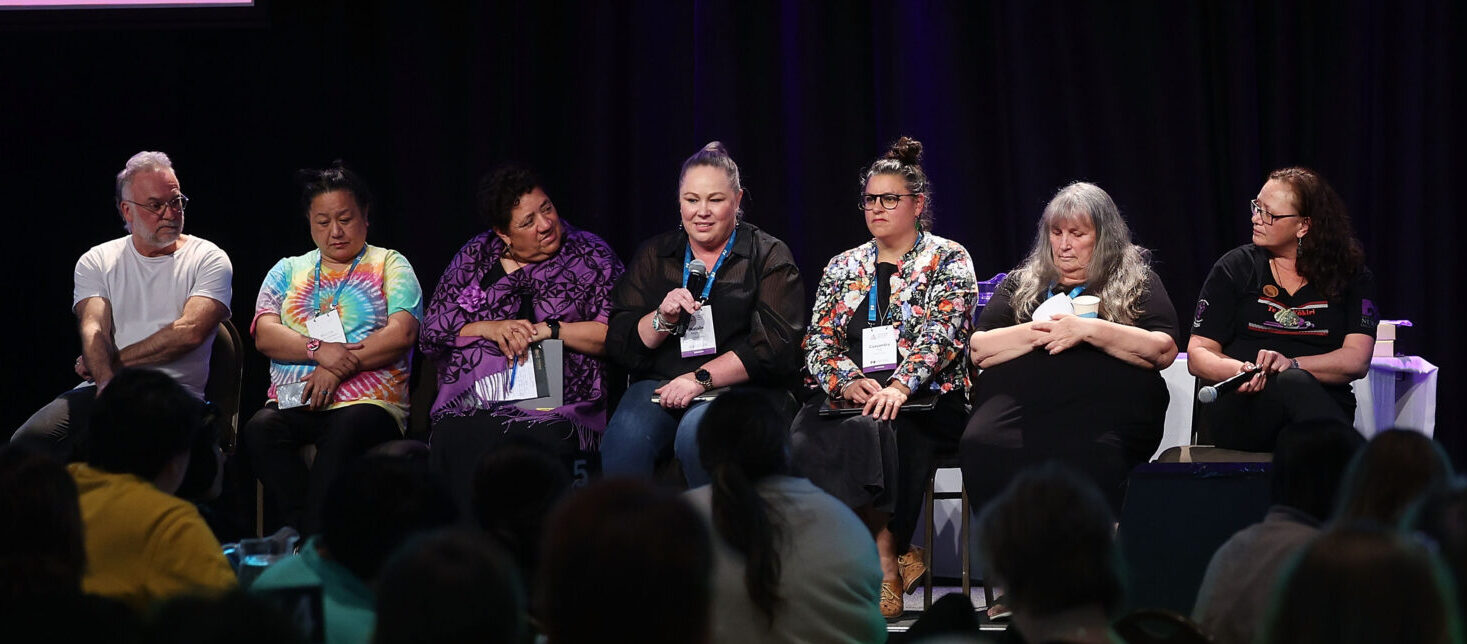
Nurses are facing changing times. Our role is being challenged by rising workforces such as physician associates (so far unregulated in New Zealand), anaesthetic technicians and perioperative practitioners — as well as health-care assistants (HCAs) and kaiāwhina with expanded duties that, at times, encroach onto nurses’ territory.
When differentiating nurses from caregiving roles, we often hear the nurse saying ‘I am doing the drugs’. But in aged care — where many of the kaiāwhina/caregiving staff are internationally-qualified nurses (IQNs) on a pathway to gaining registration here — many are supported by employers to complete their medication competencies.
The challenge here is to ensure the registered nurse (RN) recognises their knowledge and skills and factors them in as part of safe delegation of tasks.
[During Covid] nurse leaders had an opportunity and an obligation to lend their knowledge and skills as scientists, innovators, advocates and educators.
With more complex and acute residents entering aged care, most staff have needed to widen their scope. While there is no single solution, developing interdisciplinary teams can be a great support to nurses and ensure high quality care is given.
Profession ‘evolving’
Nursing is an evolving profession and its scope will likely continue to expand. As a profession, we need to decide what aspects must be protected — and what can be taken up by others. What lies at the centre of this discussion is the patient or resident and the best health outcomes.
Winding back to 2020, that year began with a celebration of nursing and was declared international year of the nurse by the World Health Organization (WHO).
It ended with the most destructive and life-altering global pandemic in modern history. Devastating disparities among marginalised groups resulted. Nurse leaders had an opportunity and an obligation to lend their knowledge and skills as scientists, innovators, advocates and educators, as well as lead efforts to advance health equity — which means equal health outcomes for all.

Having exposed many of the health and social inequities affecting communities across the nation, the COVID-19 pandemic — along with other health crises such as rising levels of influenza, measles and obesity — has created an opportunity to take a critical look at the nursing profession, and society at large. We now have the chance to work collaboratively to allow everyone a fair and just opportunity for health and wellbeing, reflecting our social mission.
While access to health care is an important part of achieving health equity, on its own it is not enough. Health is affected by a wide range of other factors, including housing, transport, nutrition, physical activity, education, income, laws, government policies and discrimination.
Complementary health teams.
Kaiāwhina is an overarching term to describe non-regulated health workers such as health-care assistants (HCAs). It embodies the core essence of a workforce that is passionate, resilient, diverse, skilled and committed to supporting hauora — health — outcomes for everyone in Aotearoa.
Nurses, working in concert with other sectors and disciplines, contribute to interventions that address multiple and complex needs of people and have far-reaching effects on the health of communities.
As multiple factors influence the health of individuals and populations, a multi-discipline, multi-sector approach is needed.
The role of the nurse is characterised by collaboration and partnership with communities. As trusted professionals who spend significant time with patients and their families, nurses are well equipped to work in partnership to address an array of health-related needs.
Involving others from the kaiāwhina workforce such as HCAs helps provide holistic care and is becoming more common.
Guidelines
An NZNO-Tōpūtanga Tapuhi Kaitiaki o Aotearoa position statement guides members who have been regulated if they take up voluntary or paid roles as unregulated members of the health workforce — for example registered or enrolled nurses working as first aid staff at events, or as caregivers in aged care.
We now have the chance to work collaboratively to allow everyone a fair and just opportunity for health and wellbeing, reflecting the concept of social mission.
There can be much satisfaction in completing unregulated nursing work and for some it can be a stepping stone to gaining further qualifications and “staircase” into a regulated nursing role.
While nurses may conduct screenings and assessments, create care plans, refer patients/residents to appropriate professionals and social services, the support roles in the kaiāwhina workforce such as HCAs can bolster this by completing tasks such as medication rounds, cultural navigation and connecting people to community providers.
The Nursing Council details its expectations for directing and delegating, with a series of questions to be asked as part of the process:
- Does the registered nurse (RN) have the skills and knowledge to safely delegate care in this context?
- Can this activity be routinely performed without complex observations, decision-making or nursing judgment?
- Has the consumer’s health status been assessed and delegation of care determined to be appropriate?
- Is this health care activity within the level of knowledge, skill and experience of the person being delegated the activity?
- Are there organisational policies and procedures in place to support the delegation?
- Does the person who has been delegated the activity understand the delegated activity, have appropriate direction and know when and who to ask for assistance and who to report to?
- Is there ongoing monitoring and evaluation of the outcomes of care by the RN?
Focus on the value others add
As nurses, it is our responsibility to shape the support roles in response to the increasingly complex and acute patients/residents we are treating — while recognising the constraints of resourcing and the implications this potentially has for health equity.
In short, we influence the non-regulated roles and how they can play a significant part in the health sector, to deliver as good health outcomes as possible.
A 2014 paper The use of unregulated staff: Time for regulation? by Australian nursing professor Christine Duffield identifies a number of benefits from RNs and their unregulated colleagues working together.
The focus should be on the value that unregulated workers add to the team, rather than as replacements for nurses.
- Natalie Seymour is chair of the college of gerontology nursing. This viewpoint was adapted from her presentation at the NZNO-Tōpūtanga Tapuhi Kaitiaki o Aotearoa conference panel ‘challenges for nurses‘ in September (below).



